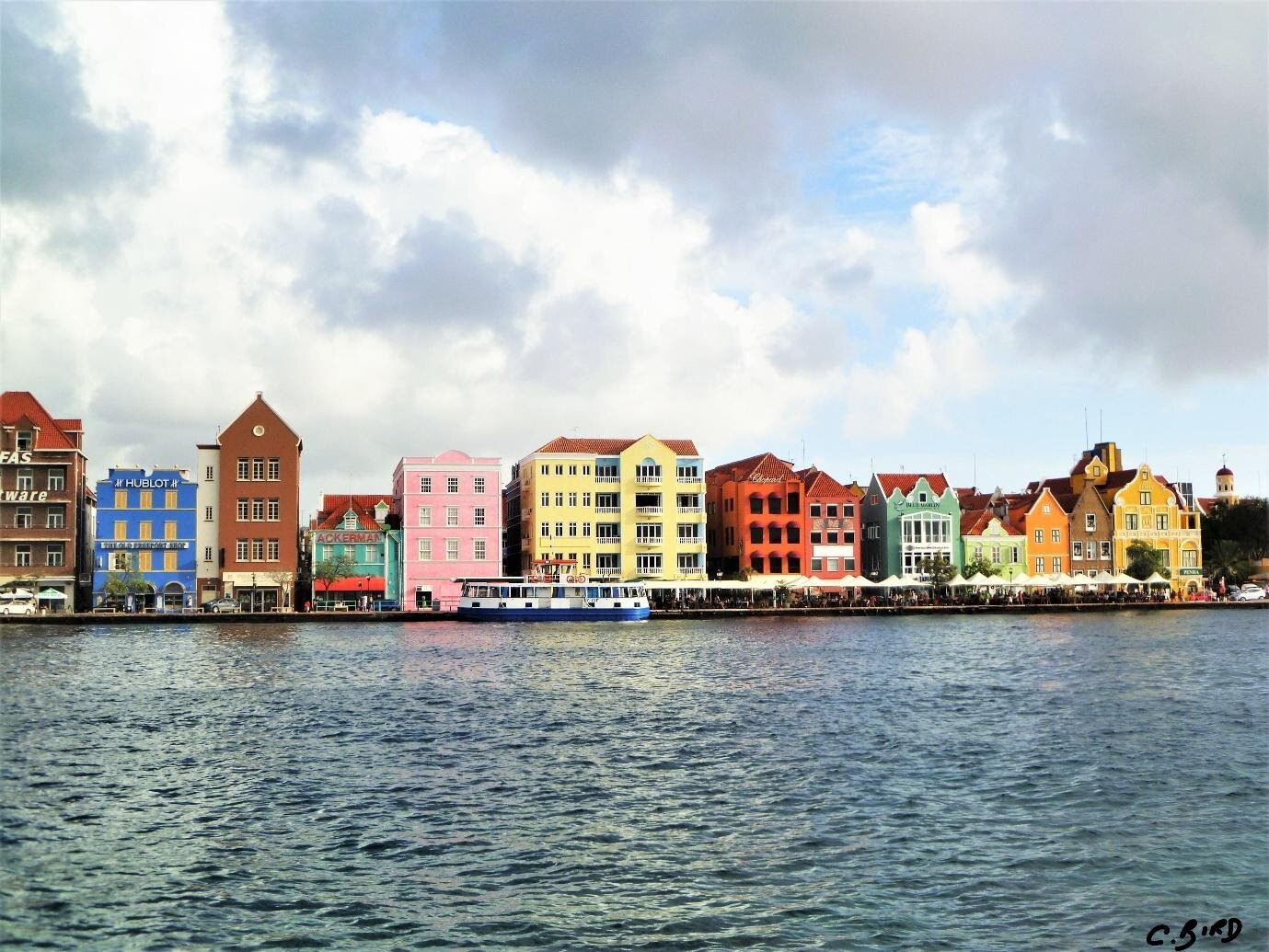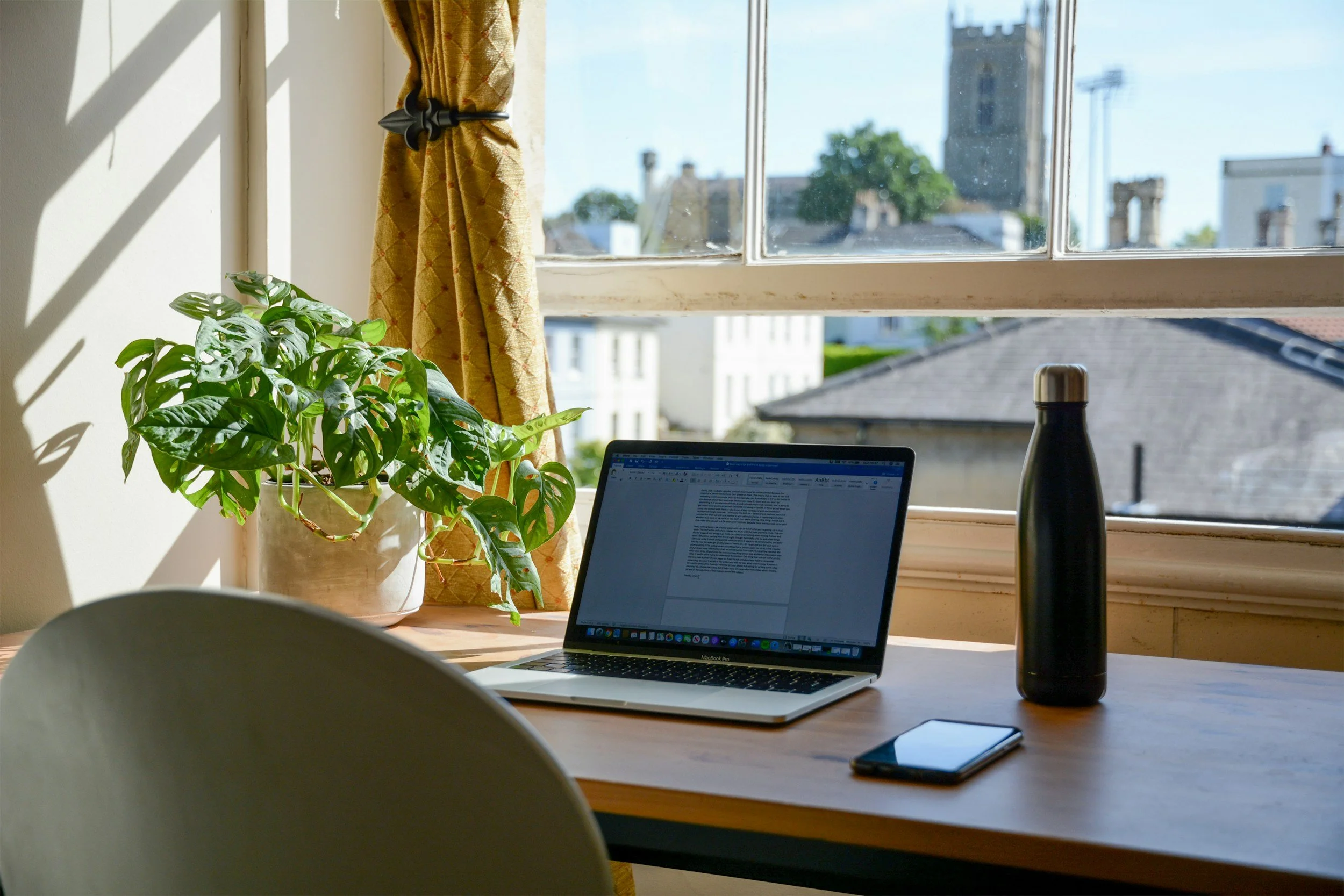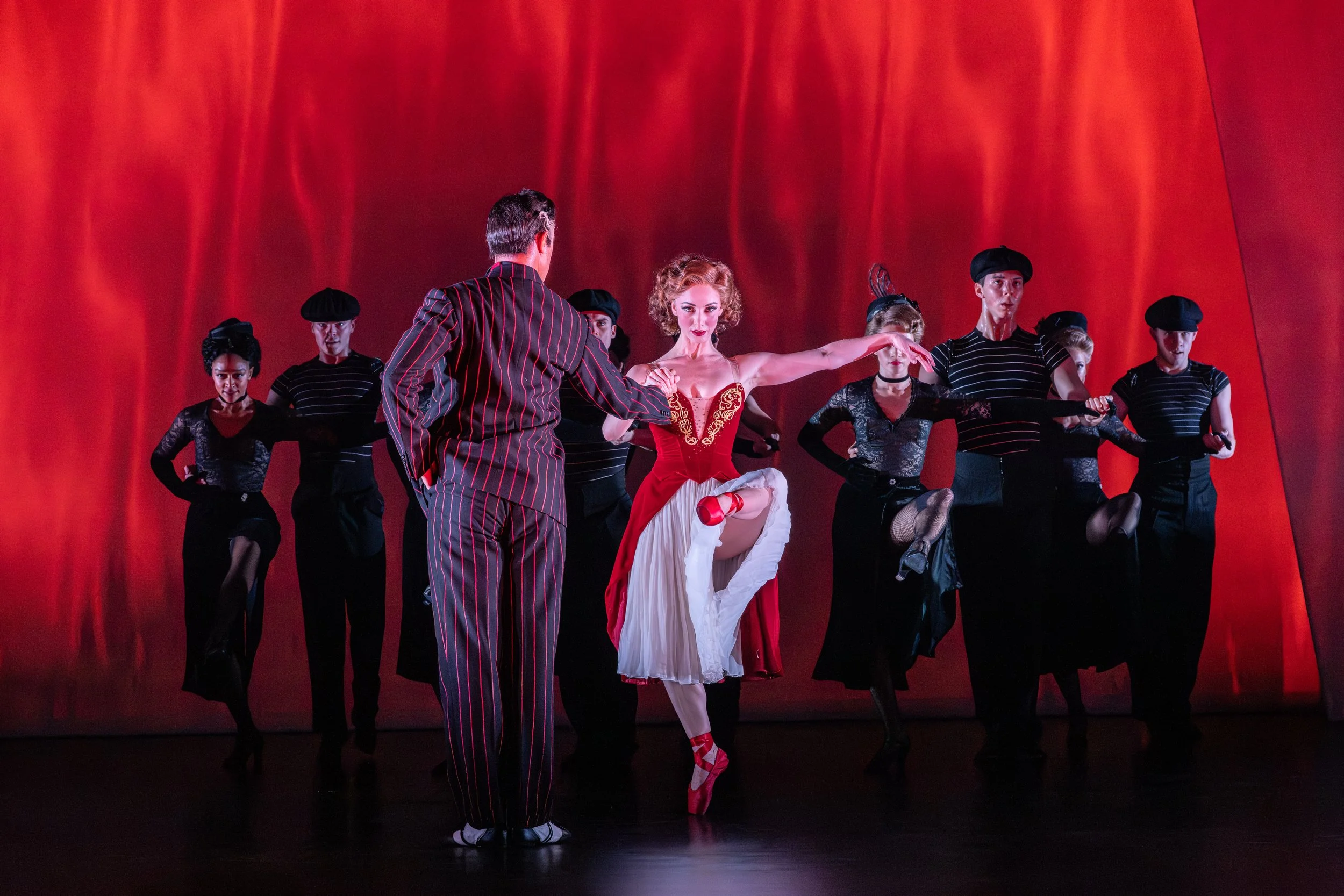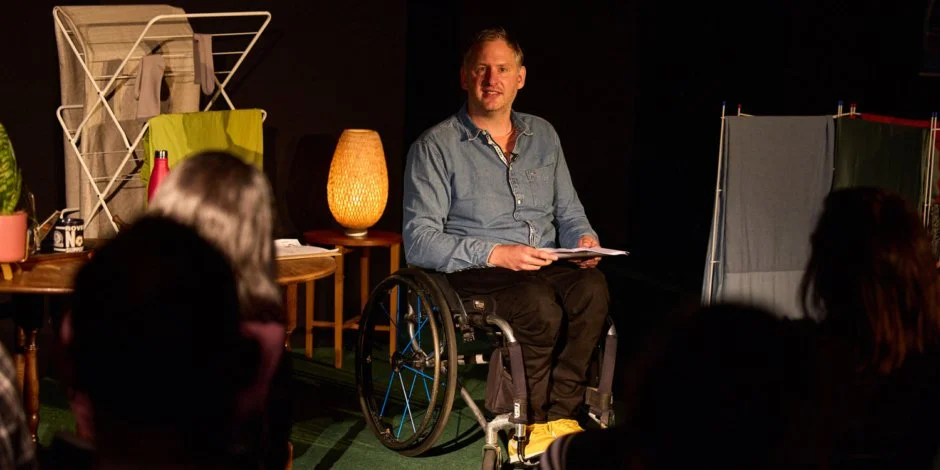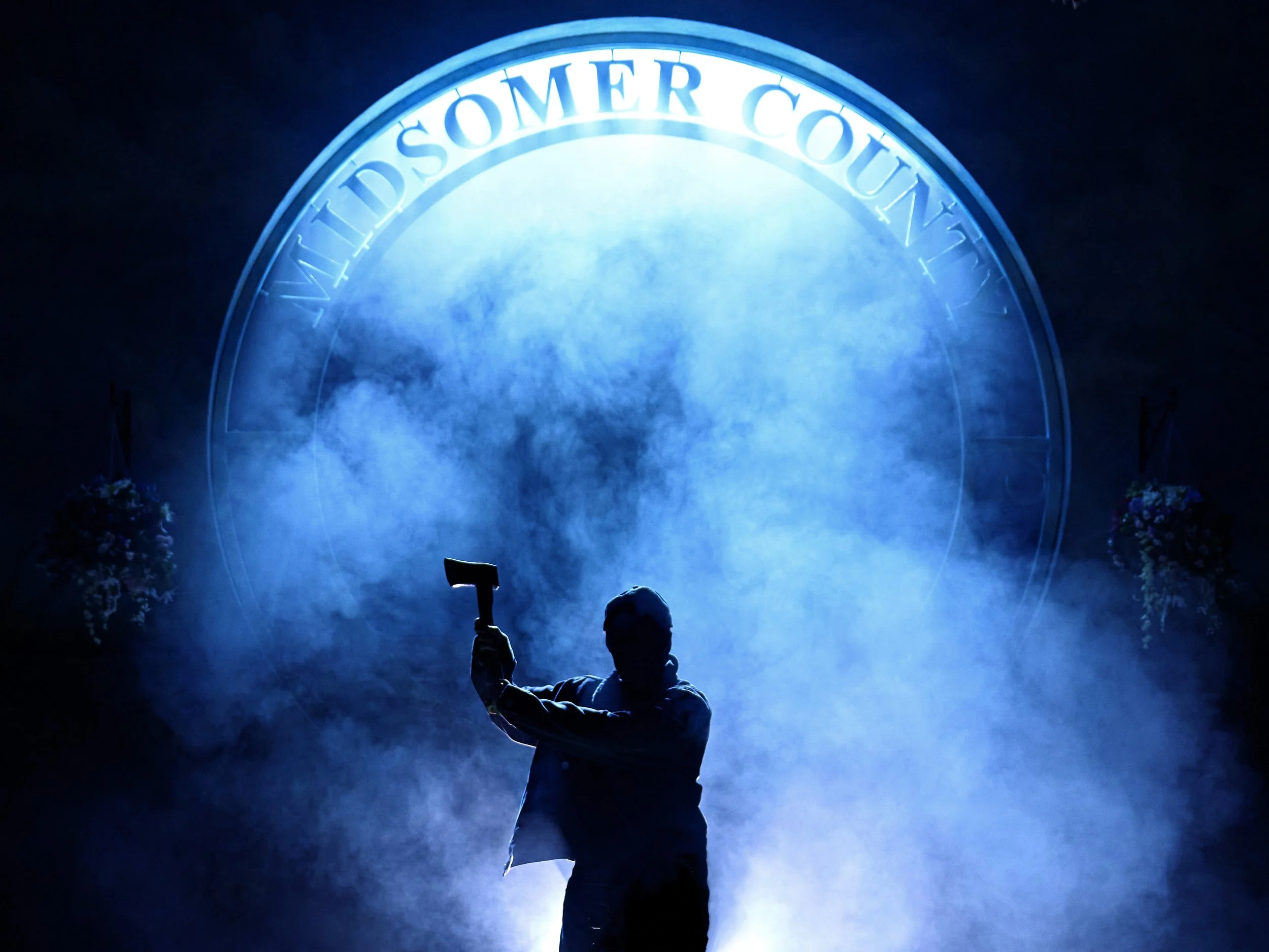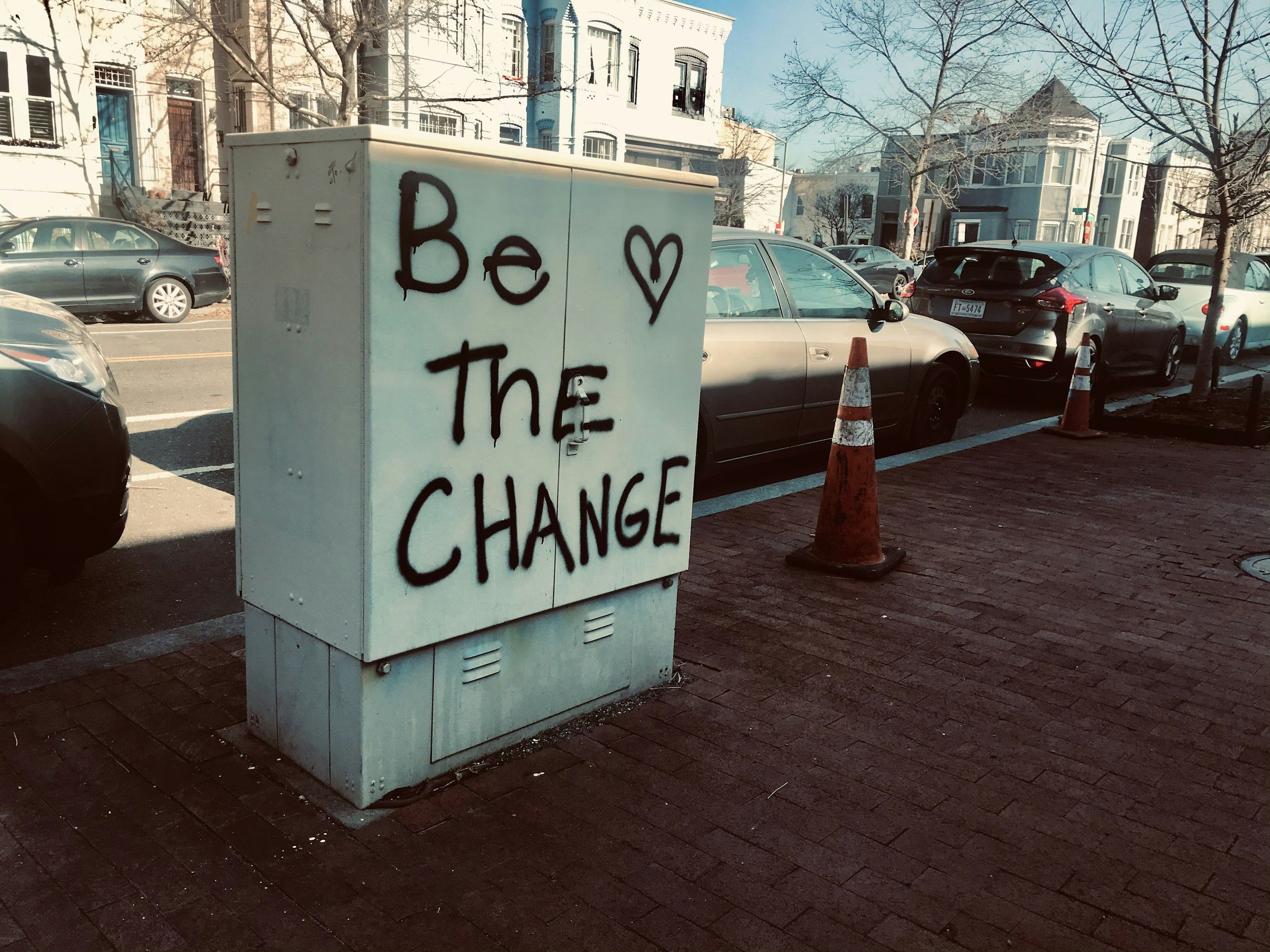Travel Diaries: Curaçao, Dutch Caribbean
City breaks are always exciting, but getting to explore the everyday lives of urban dwellers in the glorious sunshine of the Caribbean is a new experience. The laid back, tropical lifestyle is entwined with the bustle of a capital city in a strange oxymoron that somehow just works. So, read on to discover what this unusual little city has to offer the tourist looking for something a little different.
The small island of Curaçao comprises one-third of the ABC Islands (alongside Aruba and Bonaire) in the southern Caribbean, belonging to the Kingdom of the Netherlands since its invasion by the Dutch West India Company in the 17th century. Now the capital city, Willemstad, blends beautiful architecture with a thriving tourist economy as a designated UNESCO World Heritage Site.
If that accolade alone isn’t enough reason to visit, then perhaps the quintessential colonial architecture will tempt you. Lining the natural harbour are a plethora of colourful buildings adorned with a typical Dutch flair. Historically, buildings were painted white, but this was banned in the 19th century to protect the inhabitants’ eyesight from the intense sun glare. Now it is a charming feature of the waterfront skyline.
Strolling the promenade, alfresco dining is abundant, with couples chatting animatedly over a traditional fish lunch. It is no wonder that romance is in the air, with a giant heart sculpture on the seafront. The tradition of tying love locks or ribbons dates to World War II when a schoolmistress and Army officer placed a lock adorned with their names on the ‘Bridge of Love’ in Serbia, from which the custom has grown globally.
Walking through the historic backstreets of the Punda district, there is a warren of quaint shops to explore selling local snacks and souvenirs. Many popular coffee houses exist, located inside colonial Dutch properties, adding to the old-time ambience. Why not try a local speciality, pasteschi – a baked, pastry-like roll filled with cheese, spices and meat or fish. A perfect accompaniment to taking in the sights or indulging in a break from the sun.
Venturing a little further to the inner harbour, you can find the traditional floating market offering spices, fruit and fresh flowers, to name a few. It feels like a hark back to the old trading days, with animated bartering and happy customers. Some vendors sail all the way from Venezuela to showcase their products, so it’s definitely a place to go for a wander.
For history buffs, Fort Amsterdam is worth a look. A beautiful bright yellow and white façade adorns this 17th century fort, which is now home to government offices. As such, you cannot go into the fort itself, though the public is permitted to enter the Fortkirche, Curaçao’s oldest church.
High above circle a plethora of birds, waiting for an easy catch as the fishermen come in. Think herons stalking the water’s edge and iconic frigate birds, with silhouettes looking like prehistoric pterosaurs soaring above. Or if marine life takes your interest, then crabs are in abundance – I even saw two gearing up for a clawed battle – quite the spectacle!
If you have an artistic flare, then Serena’s Art Factory Store may be your scene. Across the whole of Curaçao, vibrantly painted female sculptures can be discovered in alleyways. Pop into the shop to purchase one or even paint your own to immerse yourself in the colours of the Caribbean.
However, one of the most iconic features of Curaçao’s capital is the Queen Emma Bridge. Connecting the Punda and Otrobanda quarters, this pontoon bridge swings open from one end and settles parallel to the shore to allow vessels out into the ocean. Constructed in 1888, it became a toll bridge in the early 1900s, allowing pedestrians to cross free of charge. However, in more recent times it has become a tourist attraction, with a stunning display of illuminated arches at night, installed to celebrate a royal visit in the 1950s.
We hope you have enjoyed learning a little more about Curaçao and feel inspired to take a trip to somewhere new, be that on the other side of the world, or in your local area for now. Hunt out the little gems on your doorstep if you can. Don’t forget to share your travel tales with us at City Girl Network!
Help us keep the City Girl Network running by supporting us via Patreon for the price of a cheap cup of coffee - just £2 a month. For £3 a month you can also get yourself a Patreon exclusive 10% off any of our ticketed events! You can also support us by following us on Instagram, and by joining our City Girl Network (city wide!) Facebook group.
Written by Charlotte Bird


